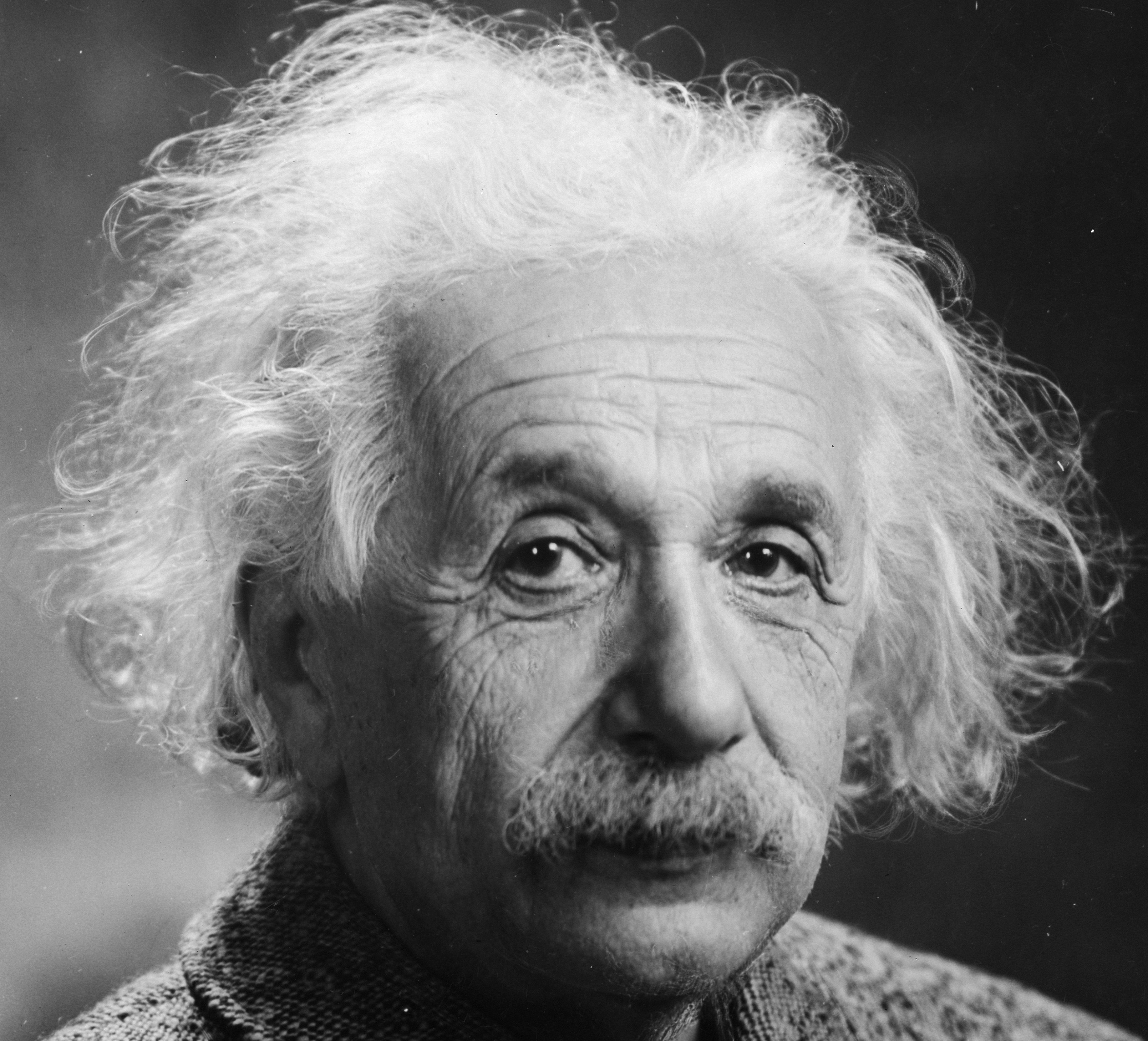A Note Written by Einstein on How to Be Happy Just Sold for $1.5 Million Dollars

Albert Einstein was in Japan on a lecture tour in 1922 when he gave a courier a signed note describing his theory of happiness, as he did not have the money for a tip.
In 1922, the 43-year-old scientist had only recently learned that he would be awarded the Nobel Prize for physics. After a courier dropped off a delivery, Einstein did not have the money to tip him, but gave over some personal insights written on hotel paper. According to the BBC, “He told the messenger that if he was lucky, the notes would become valuable.”
Did they ever. Ninety-five years later, Einstein remains a household name—now synonymous with brilliance—and at auction in Jerusalem, the notes sold for far more than estimated: $1.5 million and $240k, respectively. The pricier note was signed by Einstein and offered some helpful advice for how to live, his “theory of happiness”:
He handed the messenger a signed note – using stationery of the Imperial Hotel Tokyo – with one sentence, written in German: “A calm and humble life will bring more happiness than the pursuit of success and the constant restlessness that comes with it.”
The second scribbled note in Einstein’s hand read, succinctly, “Where there’s a will there’s a way.”
(Or I suppose it would have actually read, “Wo ein Wille ist, ist auch ein Weg.”)
While the “theory of happiness” note feels like good and soothing advice to hear, the second note almost seems to contradict it. That well-known proverb dates from at least 1640, when it used to be spoken as “To him that will, ways are not wanting.” This suggests that the pursuit of success may well prove successful, if you have the determination and fortitude to see your pursuits through.
Or maybe the notes are meant to be read in reverse: the will to win at something can get much accomplished, but a “calm and humble” life will ultimately be happier than one driven by the pursuit of certain goals. Or maybe Einstein was just improvising, fast, to send the courier on his way. Even his brilliant brain could not have predicted that his scrawled musings would one day sell for the equivalent of about $25 million in 1922.
Not a bad tip, all things considered.
(via the BBC, image: Wikipedia)
Want more stories like this? Become a subscriber and support the site!
—The Mary Sue has a strict comment policy that forbids, but is not limited to, personal insults toward anyone, hate speech, and trolling.—
Have a tip we should know? tips@themarysue.com